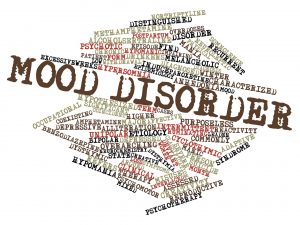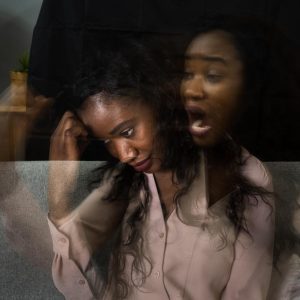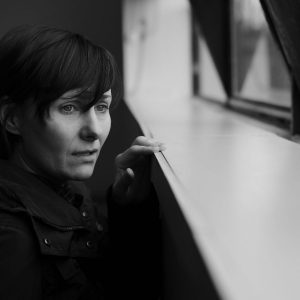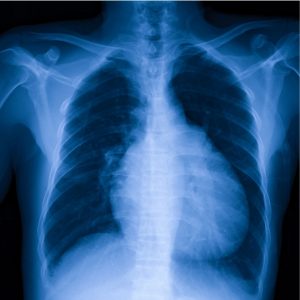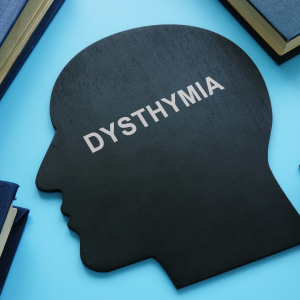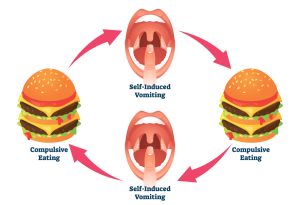Delusional disorder
1. A delusion is a false belief. 2. Delusional disorder is onset of longstanding, encapsulated, non-bizarre delusions. 3. Expressing false beliefs like being poisoned, stalked, deceived, or having an illness, etc. 4. There are no auditory and visual hallucinations. 5. Other mental functions are normal. 6. Sometimes gets labeled as schizophrenia or mood disorder.

Prevalence
1. Seen mostly in women, especially single, even widowed. 2. Those with hearing deficiency, resulting in social isolation. 3. Prisoners in solitary confinement, refugees, immigrants who face social isolation. 4. More prevalent in less educated and low socioeconomic groups. 5. Uncommon, maybe found in 1% to 2% of admissions. 6. Dominant and hypersensitive persons more likely to be affected. 7. Could be a precursor to schizophrenia, especially with regard to tactile and olfactory delusions.
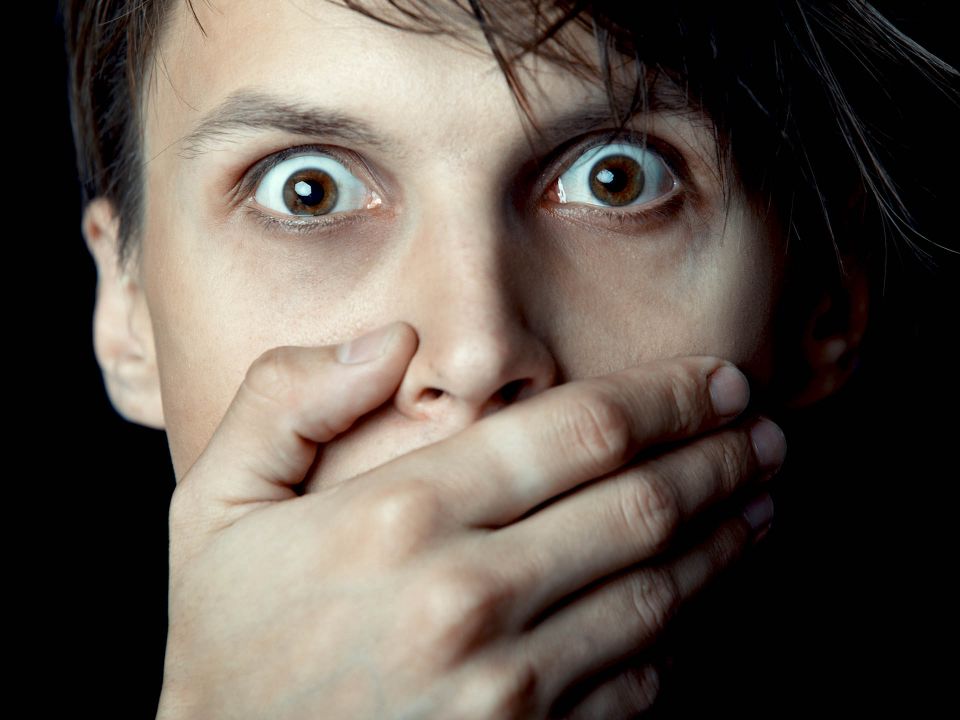
Types:
Persecutory Delusional Disorder 1. Most common delusional disorder. 2. Individuals feel they are being spied on, poisoned, conspired against, stalked, obstructed from doing something or harassed. 3. Engage in violent action against persons from whom they perceive threat. 4. Go to courts and government agencies frequently to ‘right’ what is wrong.
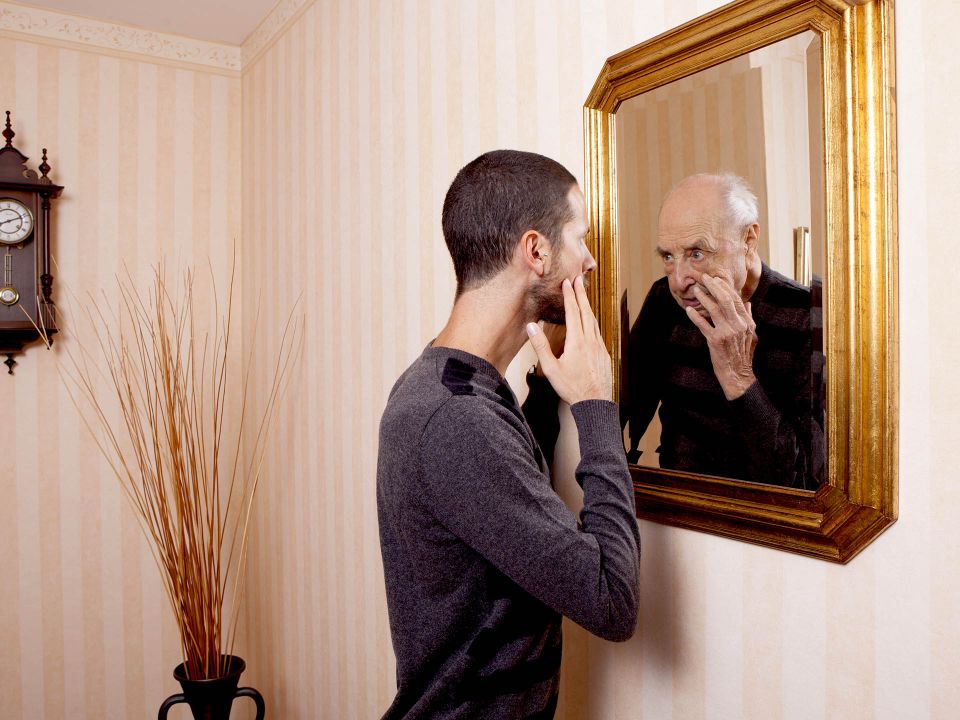
Grandiose Delusional Disorder
1. Individual feels he has great talent. 2. Special religious powers. 3. Has a special relationship with a known and prominent personality. 4. Has great wealth.

Erotomanic Delusional Disorder
1. Also called De Clerambault’s Syndrome. 2. Individual feels a person of higher status is in love with them. 3. They feel that person is unable to declare this love because of their position. 4. Begin to stalk the person.

Jealous Delusional Disorder – very common
1. Also known as morbid or pathological jealousy. 2. Belief that spouse is cheating, being unfaithful. 3. No evidence, but will look for evidence all the time. 4. Will check spouse’s intimate belongings for evidence of deceit. 5. Will monitor spouse’s movement. 6. In severe forms, gets violent and may result in homicide of suspected spouse. 7. Common in males than females.

Somatic Delusional Disorder
1. False belief of experiencing physical sensations or bodily dysfunctions. 2. Feel that they emit foul odor from mouth, skin, genitalia. 3. Body parts are misshapen and ugly. 4. Parasites or insects are crawling on the body or under the skin. 5. Belief that the person is undergoing some medical disorder when there is none.
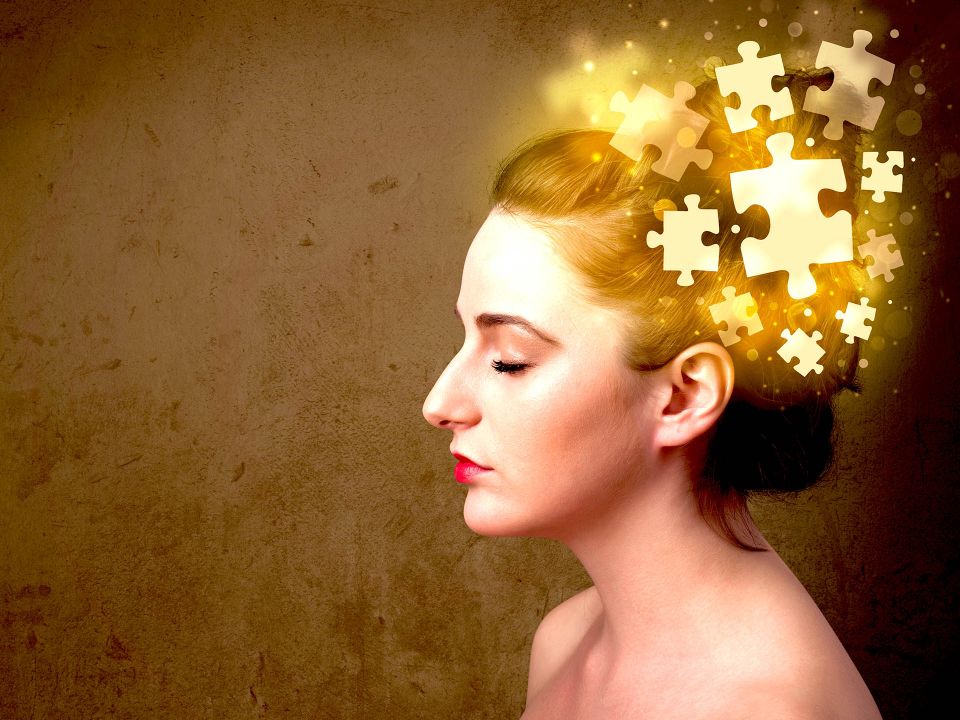
Induced Delusional Disorder – very rare
1. Two people share the same delusional disorder. 2. Occurs when individuals are isolated from others because of culture, language, or physical proximity. 3. Manifests as persecutory or grandiose delusion. 4. First manifests in the stronger and dominant personality. 5. Could influence the weaker personality. 6. The dominant is psychotic while the weaker recovers when removed from the company of the dominant.

Treatment – Behavioral Counselling and Medical
1. Depends on diagnosis, as delusional disorder may be of mixed or unspecified types. 2. Diagnosis is also important to rule out other causes like substance abuse or medical conditions like thyroid. 3. Psychiatrist needs to rule out mania, depression, paranoid personality disorder. 4. Decide on inpatient or outpatient treatment if there is violence. 5. Psychiatrist must establish rapport and must neither condemn nor collude with the delusions. 6. Psychiatrist could also advice patient with intense jealousy to separate to prevent homicide if there is extreme violence. 7. Medicines can be prescribed by a psychiatrist after thoroughly evaluating and diagnosing the patient. Tablets or injections may be prescribed according to the severity of the condition.






